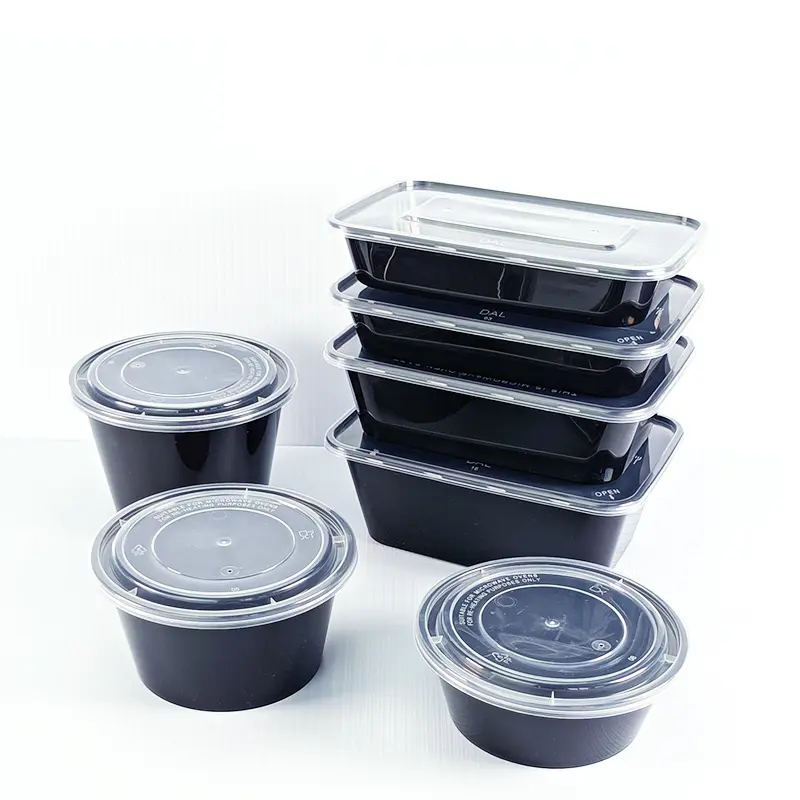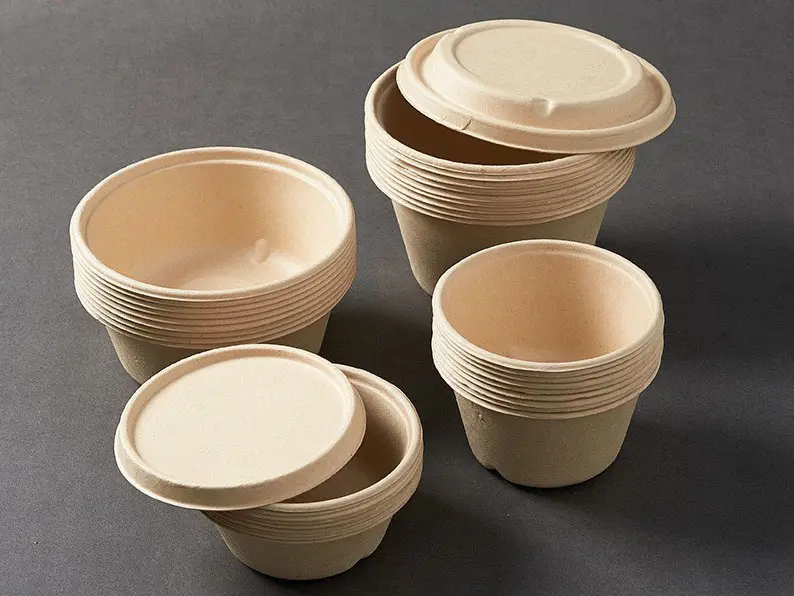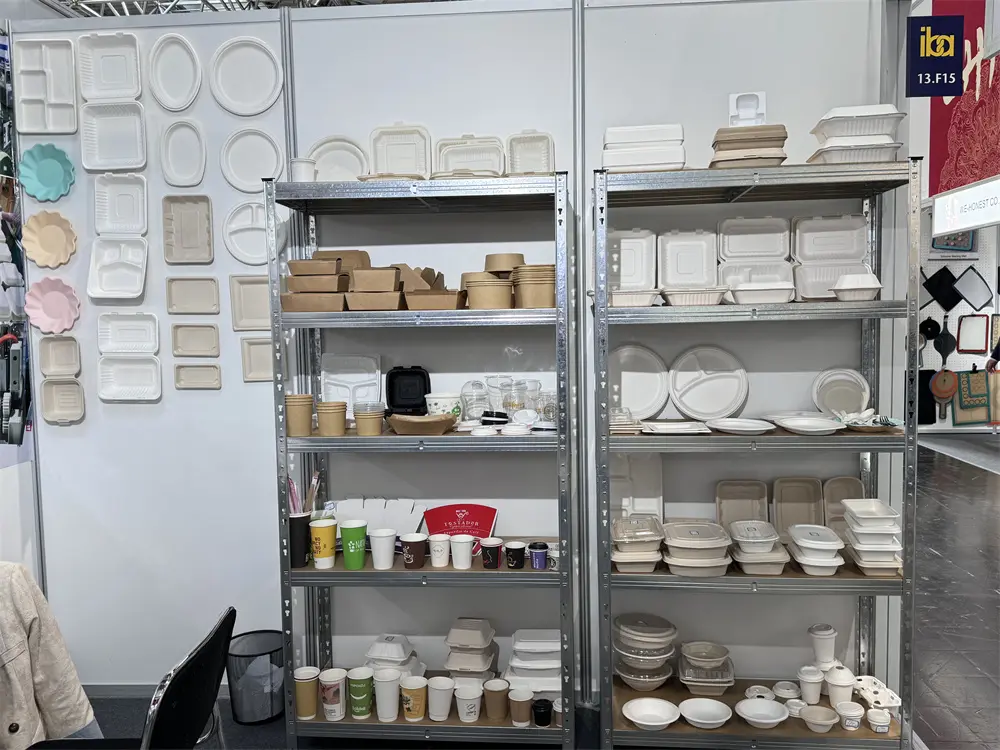The Critical Role of Biodegradable and Eco-Friendly Packaging in Global Sustainability
In the face of escalating climate crises and ocean plastic pollution, the transformation of the packaging industry has become a key battleground for global sustainability. The statistics are alarming: over 400 million tons of plastic are produced globally each year, with half being single-use plastics. By 2050, it is projected that there will be more plastic in the oceans than fish by weight unless significant changes occur.

Environmental Impact
Traditional plastic packaging can take hundreds of years to decompose, releasing microplastics and toxic chemicals into the soil and water systems. These pollutants harm marine life, disrupt ecosystems, and even enter the human food chain. Biodegradable and eco-friendly packaging offers a solution by breaking down naturally within months or years, depending on the material, without leaving harmful residues.For instance:
●Compostable Materials: Packaging made from materials like cornstarch, sugarcane bagasse, or mushroom-based composites can fully decompose in industrial composting facilities, returning nutrients to the soil.
●Recyclable Materials: Using recycled paper, cardboard, or aluminum reduces the need for virgin resources and minimizes landfill waste.

Health Benefits
Many traditional packaging materials contain Bisphenol A (BPA), phthalates, and other harmful chemicals that can leach into food and beverages, posing risks to human health. In contrast, biodegradable and eco-friendly packaging is often made from natural, non-toxic materials that do not compromise safety. For example:
●PLA (Polylactic Acid): Derived from renewable resources like corn starch, PLA is a bioplastic that is safe for food contact and breaks down under specific conditions.
●Biocomposites: These materials combine natural fibers with bioplastics, offering strength and durability without the health hazards associated with conventional plastics.
Economic Opportunities
Adopting biodegradable and eco-friendly packaging is not just an environmental choice but also an economic one. The demand for sustainable products is growing rapidly, creating new markets and job opportunities. Companies that invest in green technologies and materials can gain a competitive edge while contributing to societal well-being. According to the New Plastics Economy Global Commitment by the Ellen MacArthur Foundation, transitioning to reusable and recyclable packaging could unlock $1 trillion in economic value by 2030.
Corporate Responsibility
Businesses have a moral obligation to reduce their carbon footprint and minimize waste generation. Leading corporations such as Unilever, Nestlé, and Coca-Cola have committed to using 100% recyclable, reusable, or Compostable Packaging by 2025. However, smaller enterprises must also adopt similar practices to collectively address the issue of plastic pollution.
Consumer Empowerment
As consumers, we wield considerable power through our purchasing decisions. By choosing products packaged in biodegradable and eco-friendly materials, we send a clear message to manufacturers about our priorities. Furthermore, proper disposal—whether recycling, composting, or reusing—ensures that these materials fulfill their intended purpose without harming the environment.

Global Initiatives and Policies
Governments worldwide are implementing policies to encourage the adoption of Sustainable Packaging. Examples include:
●The European Union’s ban on single-use plastics.
●India’s Plastic Waste Management Rules.
●China’s National Sword policy restricting plastic imports.
These regulations incentivize innovation in packaging design and material sourcing, driving industries toward more responsible practices.
You Can Contact Us:Guangxi U-Yee Environmental Technology Co., Ltd.
E-mail:sales1@gxuyee.com
Phone:+86 13788683202










